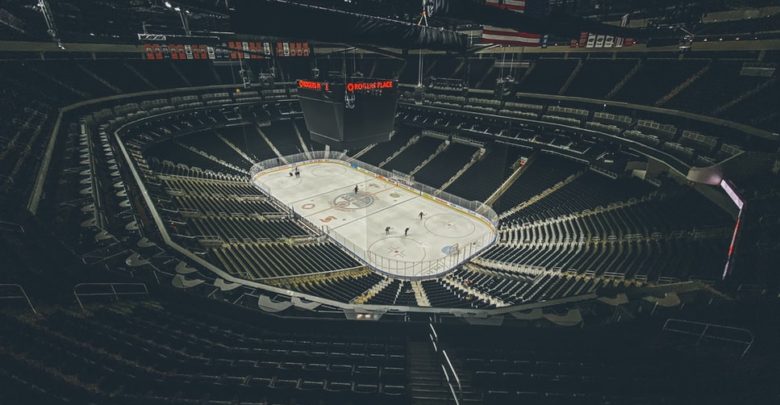Curfews are a half-measure in the fight against COVID-19
In comparison to a comprehensive lockdowns, nighttime curfews simply don't cut it
 Tim Trad
Tim TradEstablishing a curfew to stop people from leaving their houses at night and curb the spread of COVID-19 sounds great, on paper. However, despite many governments putting this policy in place, the reality is the effectiveness of these curfews is questionable at best.
There are a variety of effective measures in the fight against COVID-19, including making masks mandatory, social distancing, and mandating large events be conducted online. But curfews are that weird cousin nobody talks in a family gathering — mainly because nobody knows what their job is or if they are even good at it.
As a citizen and resident of Ecuador, one of the countries with the highest amount of COVID-19 related deaths, I can tell you curfews at night are a complete waste of personnel and resources. A curfew at night might be a great idea if bars or nightclubs were open — however, they are already closed because of the restrictions imposed by the government.
Those who advocate for curfews often point to other countries who implemented them as a reason we should as well. However, it remains questionable whether these curfews are effective — just look at California’s “stay-at-home” order as an example. Why bother wasting political capital on implementing this when other measures are known to be more effective?
A nightly curfew could additionally bring more problems, as some experts have mentioned. Dr. Amesh Adjala, a senior scholar at Johns Hopkins Center for Health Security, is one such expert.
“I do worry about, if people have no place other to congregate than in their homes, they’re going to do that more now that they don’t have the opportunity to go to a restaurant where they’re likely to be monitored by the wait staff, the managers there, to make sure they are social distancing,” Adjala told WBNS.
If a politician wants to stop people from going outside because of a deadly virus, it is not the best decision put in a curfew at a time when most people are already asleep. If you want to save lives, you should put the curfew into effect when people are awake, active, and outside of their houses. Of course, this may generate some backlash from the general population, as anti-lockdown protests have already demonstrated.
Sadly, these protesters can place profound pressure on politicians who rely on their support. This can put politicians in a complex situation where they need to choose between their political career and the wellbeing of their citizens. Too often, this results in inactive leaders who implement half-measures, rather than addressing the anxiety and fear many of us feel.
It is time for our leaders to stop thinking about re-elections and start actually caring for the people they were elected to protect. Start by looking at the big picture and listening to the scientists you hired to give you information. That way, we can make an informed decision that will positively change the lives of the citizens — instead of taking efforts which may not even be the most effective, like a curfew.




